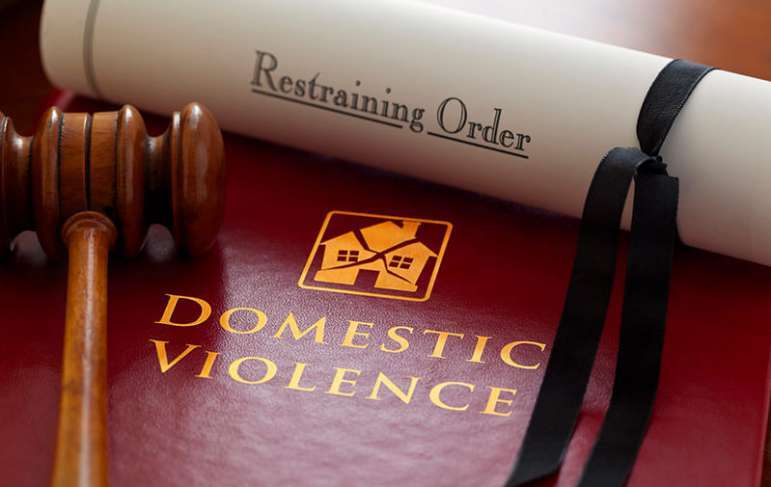
Consideration Trumps Consent: Domestic Violence Orders, What Are Your Options?
A domestic violence order can be brought by application in a private capacity or the police can initiate an application. Typically, if the Police get involved with a domestic violence application there has been a trigger offence or event, basically, Police deem it necessary to protect one person from another. Domestic violence applications and subsequent orders are on the rise in Queensland and with the additional strain of COVID-19 that number is tipped to increase. While a domestic violence order and the application that brings it about, can be confusing, there are a few essential and basic requirements for an application to be considered by a Court. Those points are:
-
A relevant relationship – typically this is a spousal relationship or a sibling relationship;
-
Evidence of domestic violence – this could be physical abuse, emotional abuse, financial abuse or some form of controlling behaviour or abuse; and
-
Protection for the aggrieved (the person who is claiming to be abused) is necessary and desirable – meaning the only way for that person to feel or to actually be protected is for a domestic violence order to be made.
The Court takes these applications very seriously and makes every attempt to measure the desirability of the making of an order. A respondent is often offered an opportunity to deal with the matter (usually on the first Court appearance) to handle the application in one of two ways:
-
Consent without admission – a respondent does not have to make admissions to the abusive behaviour but can consent to the order being made and the accompanying conditions; or
-
Dispute the order and/or conditions – this will result in a trial and typically involve a lawyer on each side (or Police for the aggrieved) arguing for or against the making of the order and/or proposed conditions.
It may seem desirable and obvious for a matter to be consented too, an order is made, no further Court inconvenience and you don’t even have to accept the facts that form the application. This is the part where serious consideration becomes important. Consenting is an easy way to do away with the application but STOP first and CONSIDER.
Typically, these applications are brought when both the respondent and aggrieved are under extreme emotional pressure and can cause long standing repercussions for both parties as a domestic violence order usually lasts for 5 years. What seems like a good idea and a prudent decision now, may not be such a good impediment on your life in 5 years. Family law proceedings, weapons licences, child protection proceedings, blue cards or future blue card applications, employment opportunities are just some of the areas of your life that may be affected by a domestic violence order being made. Domestic violence is a constantly evolving area of law and it is all but guaranteed that the long list of repercussions will get longer as the law evolves. A domestic violence order is a serious order that has many negative perspectives in front of the Court, the community and criminal offences can also be raised in the event of a breach of any order. It is always advisable for a lawyer to be consulted at this point to ensure that you are fully informed with the knowledge you need to make an appropriate move.
While disputing the making of an order can be a difficult and tiring road, a consented order, particularly with admissions, can make a difficult situation last much longer. Breaching an order whether consented too or not can mean potential criminal proceedings and subsequent penalties and convictions recorded permanently against you. Take another moment to seriously consider all your options, an order whether consented to or not is a big responsibility and can last for up to 5 years or more.
In dealing with any application it is always advisable to STOP, take a deep breath and CONSIDER your options. Independent legal advice should always be sought in this difficult time to help you make the right decision for you and your family. It is not uncommon for domestic violence conditions to be lessened or discontinued altogether through successful legal advice and negotiations.
Bouchier Khan Lawyers has offices in Toowoomba, Ipswich and Brisbane and can provide a judgement free environment to discuss all the above options with a solicitor and help guide you to a successful conclusion to any domestic violence application.
This article is of a general nature and is intended for information only. It should not be relied upon as legal advice. If you require further information, advice or assistance for your specific circumstance, please contact us at Bouchier Khan Lawyers.
